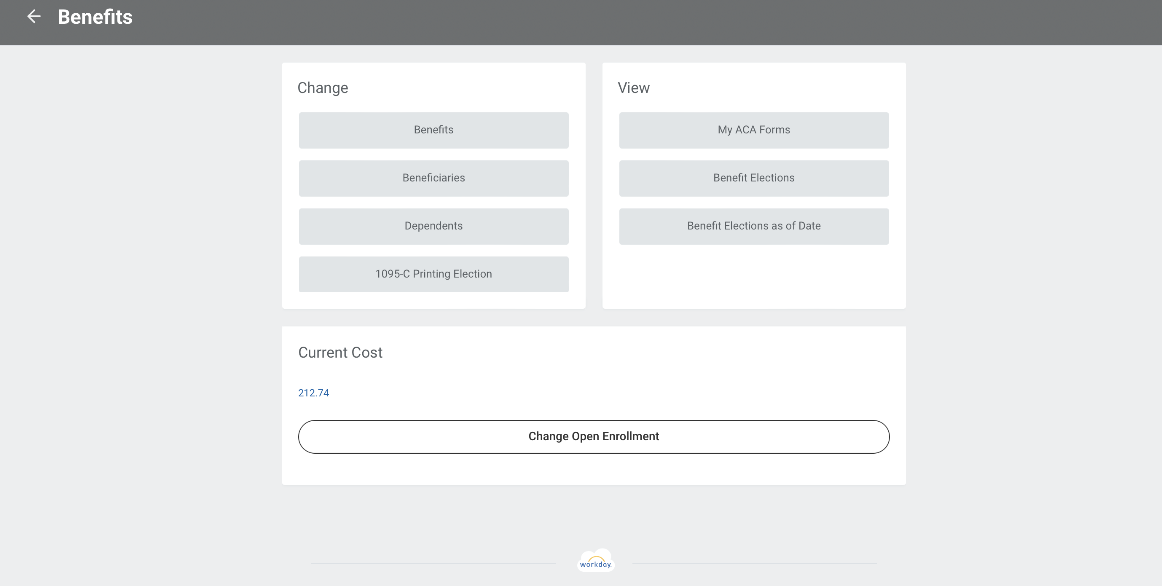Benefits enrollment for faculty, administrators and staff is active this coming year, which means they must select their benefits options during a two-week window that ends Nov. 15 or lose them.
The 2024 open enrollment policy differs from St. Joe’s passive enrollment policy used in previous years. In past years, the benefits election process was passive, meaning that existing benefits remained the same for the following year if faculty and staff did not make changes.
The new active open enrollment includes “all benefits such as medical, dental, vision, health savings accounts, flexible spending accounts – both health care and dependent care and other supplemental plans including life (self, dependents, spouse), accident, critical illness, identity theft and legal services insurance,” said Allyson Mullin, vice president of Human Resources (HR).
The change was made “to improve the efficiencies of the system and to empower/engage employees to ensure that the coverage they need aligns with their unique needs on an annual basis,” Mullin said in a written response to The Hawk.
Mullin said information about the change was announced “with every communication,” including university announcements and newsletters.
Chris Kelly, Ph.D., professor of sociology and criminal justice and member of the Advisory Board of Faculty Compensation (ABFC), confirmed that HR spoke with ABFC about the change.
“At the time, there were no concerns voiced,” said Kelly of ABFC’s discussion of the policy change.
Mullin said HR will closely monitor the Workday software system where employees make their elections and communicate with employees who haven’t completed their open enrollment election before Nov. 15.
The first of these communications was emailed Nov. 10 to all employees who had not yet submitted their benefits choices.
Although active open enrollment requires more attention from employees, Eric Patton, Ph.D., director of HR and people management programs and professor of management, said it allows employees to be more informed about their benefits.
“I think everyone pays attention when something comes through with their salary, but benefits, I would say, [are] equally important,” Patton said. “So going from a passive to an active enrollment situation, it does force or require individuals to really take a hard look at that portion of their total rewards and to make informed decisions that are really, really important.”









































